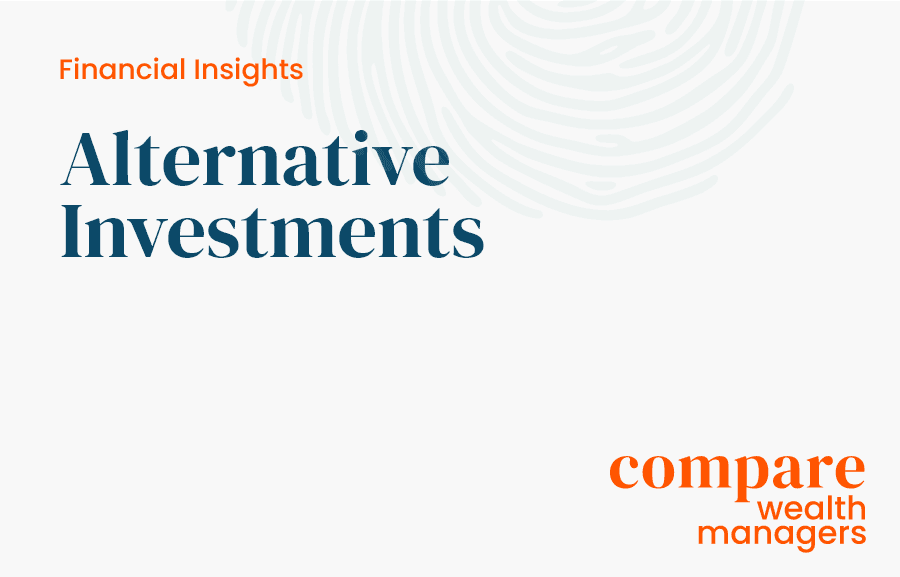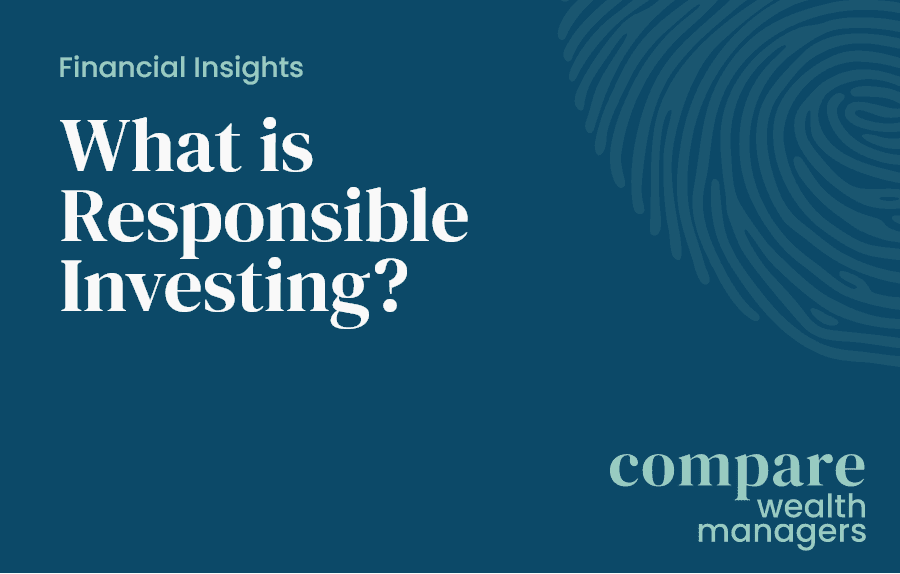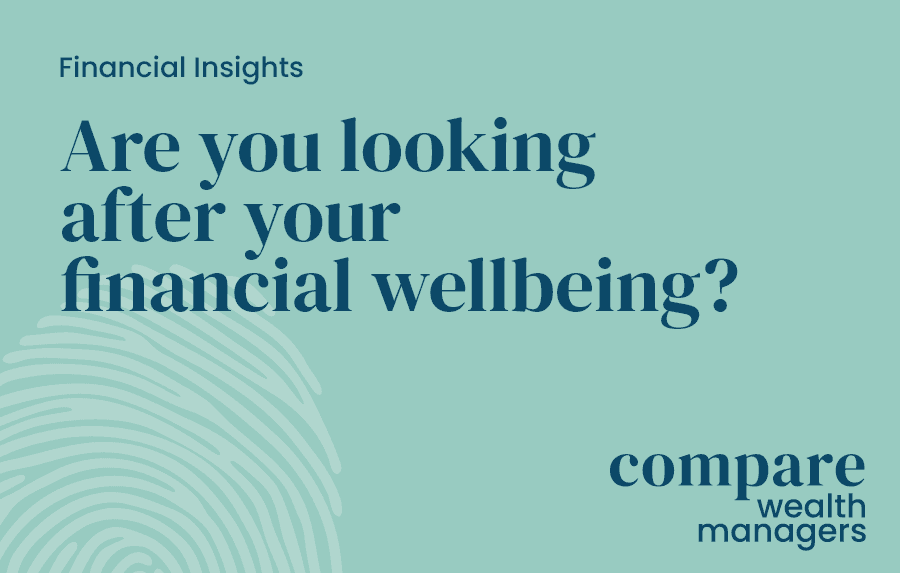In a world that is looking for fast solutions to faster-growing problems the way we invest can either contribute to the solution, or to the problem. In an interview with Patrick Thomas, Head of ESG Portfolio Management at Canaccord Genuity Wealth Management, we look at what are the possible investments that actually make a difference, both for the world and our finances.
Electric vehicles (EV), plant-based products, carbon-neutral solutions, renewable energy, all of these technologies have been introduced as alternatives to everyday products that have for many years polluted our environment or contributed to global warming. A UN report on climate change, released last April, indicates that harmful carbon emissions from 2010-2019 have never been higher in human history. António Guterres, UN Secretary-General, warned that the world is on a “fast track” to disaster: “We are on a pathway to global warming of more than double the 1.5-degree (Celsius, or 2.7-degrees Fahrenheit) limit” that was agreed in Paris in 2015, meaning that, if we don’t act now, the world will become uninhabitable.
Investors will have an important say about which products and which companies flourish in the future and, in turn, whether we find timely solutions or continue to worsen the prospects for the climate.
Responsible investing helps create portfolios which support companies seeking ways to decarbonize our planet. However, not all approaches or “green” portfolios are effective. “There’s a lot of people making products or developing strategies that are probably not going to do much for the world and also not much in terms of portfolio performance”, says Patrick Thomas, head of ESG Portfolio Management at Canaccord Genuity Wealth Management, one of the first top 10 independent UK wealth managers to offer an ESG Portfolio Management Service.
Out with the old, in with the new
Even though traditional oil and energy companies are taking some steps into becoming greener, Thomas believes this is not enough: “Companies that are working on renewable energies or EVs, etc. are often not the big established companies: they are newer, nimble businesses and are generally a smaller part of market benchmarks. For you to access them, you’ll need expert knowledge of the sector and a strategy that takes you there, because they are not just ‘in the market’.” He believes in creating a portfolio supporting new companies that are determined to find these solutions, and investors might need to be prepared to dig a bit deeper to find them.
Another interesting point Thomas highlights is people believing that to help the environment, their profits will suffer: “That’s not really true. A large portion of companies that are decarbonizing the world have really good return opportunities”. Not only has demand grown, but, as he puts it, the services or the technology those companies have has developed into greener offerings, and, through demand, become cheaper as well, which makes them an attractive investment opportunity. “That is responsible investment”, he assures us: “finding solutions to the world’s problems” and bringing these innovations to market at an achievable cost.
How can you make your portfolio greener or more responsible?
"If you are someone who cares about the environment and wants to invest in solutions to aid climate transition, you can construct a lot of investments around that”. Thomas advises that creating a portfolio of companies that are decarbonizing the world is not as difficult as many might think: “There’s a large ecosystem of companies around, for instance, renewable energy and EVs, in countries like China, Japan, the US, and Norway. You can get into the utility sector or the industrial sector, the food sector... it is a really big and diverse space. You can make a difference to the world and have a portfolio that potentially generates a really attractive return of investment in the long run”.
However, finding a company that delivers on all environmental, social, and governance (ESG) aspects at the same time is much more of a challenge. “It’s a difficult thing to hear, but it’s true.” According to Thomas, there is international consensus and frameworks around responsible environmental activity, but unfortunately, there isn’t a global consensus on social and governance issues. “The way countries treat employees' rights or approach gender diversity, for instance, varies from country to country and there’s no proof that if I pay my workers more my company is going to do better”, he adds.
Therefore, investors seeking to construct an ESG portfolio may have to accept some compromise and focus on the aspect of ESG that means the most to them. Depending on their preferences, there will be a greater or lesser choice of equities or funds available but, nevertheless, an expert will be able to build a portfolio that brings the investor comfort.
Aren’t companies supposed to be following the ESG framework?
“That’s a myth”, answers Thomas, “you can find a company that’s doing really well on all three [E, S and G], but they are really, really rare”. He also believes that generally speaking, social and environmental issues actually conflict a bit. According to Thomas, people can miss the investment opportunity if they focus too much on 'S’ and ‘G’. “Lots of these green practices have social costs, so their investor base needs to be comfortable with this. Take cobalt mining for example; the goal is to produce batteries to decarbonize global transport, some 20% of emissions, but someone who cares deeply about ‘S’ may be uncomfortable investing in mining”.
In order to find companies that incorporate ESG, investors need to think of their business practices instead of their product: “If you want to invest, it might help you know what the business practices are like within that company: how it is thinking about environmental risk, about its employees or its board diversity. You can conclude that you like that company’s approach or culture, and invest there”. Ultimately, the decision is with the investor but you have to “make a choice” otherwise, searching for ‘perfect’ can lead to procrastination and valuable time/opportunity cost. In short, you can have a portfolio that syncs with the way you see the world, but to find a company that perfectly achieves all your expectations “is very, very difficult”, he concludes.
So how do we choose where to invest without falling into ‘greenwashing’?
Since it’s so complicated to follow through with the ESG framework, it might seem that some companies could be deceiving investors, by “greenwashing” their portfolios, promoting green practices that are not entirely green. So, where are the true green investment opportunities? In Thomas’ view, not in companies that are now producing less plastic or reducing their packaging: “By 2050 there’s going to be more plastic in the sea than fish! So, if I invest in a company that still manufactures plastic, even if it is in smaller quantities, I’m contributing to the problem. That’s for me the greenwashing thing”. The key to responsible investment is contributing to the solution instead of trying to reduce the problem. “We want to invest in companies that are taking the plastic out of the sea”, he adds.
As he puts it, companies that solve problems, make money. “There’s a big set of companies that are potentially going to make a lot of money from this “green transition” because they are going to be problem solvers: they have genuinely green technologies. There is another set of companies that are potentially going to benefit from making their practices more environmentally conscious and are appealing to a certain kind of consumer, like vegan food or sustainable packaging, but truly responsible investment is there to support solutions”.
Thomas concludes that investors need to be thinking about thematic investment, a practice that aims to identify macro-level trends and benefit from investing in projects that seek to materialize them. If investors really want to embrace responsible investment to the fullest, they have to “rip up how they’ve been investing in the past 10 years. You can’t be investing in the same way and have some green or some ESG funds in place, because that’s not the real solution, you'll only end up doing less bad” to the world!
We've seen over the last few years a huge growth in the demand for ESG investment as investors have demanded change to the way businesses act and to our impact on the world. To conclude, investors have the ability to contribute to change and still have a portfolio that potentially attracts great returns. There are many companies following an effective ESG framework but careful research is required to find the right ones, so turning to a financial advisor or Wealth Manager with expertise in this area, like Canaccord Genuity Wealth Management, is key to achieving the outcomes we seek.





